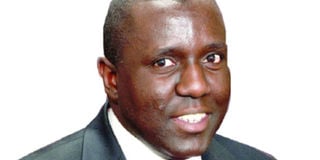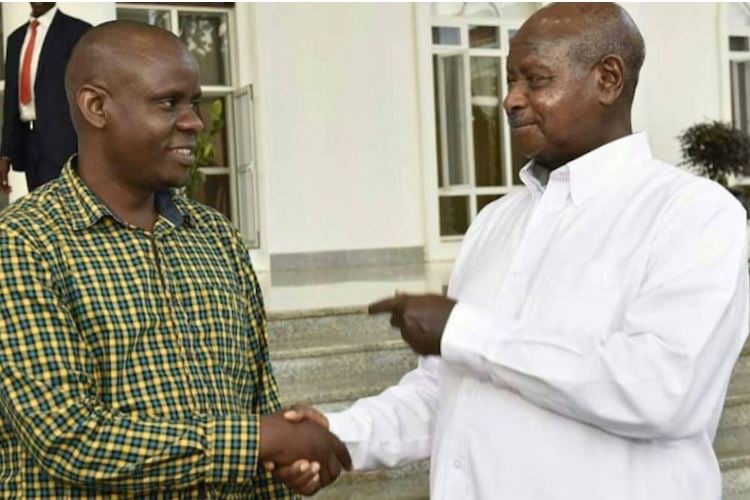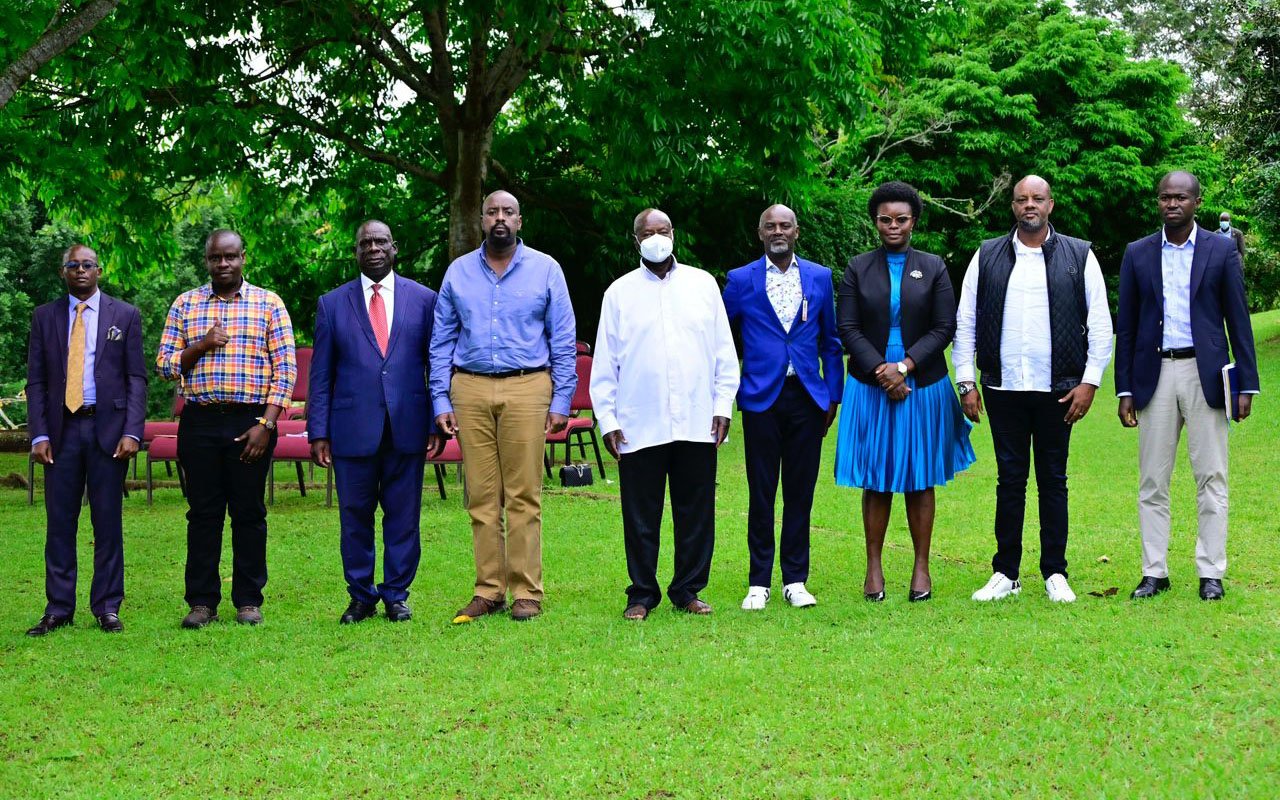Prime
Cabinet reshuffle confirms Kampala’s worst kept secrets

Karoli Ssemogerere
What you need to know:
- The biggest problem in Uganda’s political system is perhaps not stealing enough.
- The mabaati scandal seems to have been another cynical chance for the government to affirm its stance on corruption
Quietly, it appears the President typed his own Cabinet list. It didn’t matter that in the 17-page document, as he spelled out the portfolios, some that should have been in upper case were in lower case. The tone of the document was brimming with confidence.
The election in 2026 was over. Those who were in doubt were invited to the after-party. At the top, rumours of the re-deployment of his Vice President and Prime Minister fizzled out. There were just two Cabinet casualties, Defence Minister Vincent Sempijja and Karamoja Minister Mary Goretti Kitutu.
If you are reading confidence, the two of the three deputy prime ministers were in place, even when better decisions to retire them early would make sense. The other news in the Cabinet was Okello Oryem’s longest serving State Minister, having assumed office in 2001 retaining his International Affairs docket.
The opposition side may breathe for a few minutes now. One of the biggest fears is when the ruling party, with its overwhelming majority, crosses over to the opposition benches for raids. Different configurations have been floated in the past. UPC fresh from snatching the Dokolo Woman MP’s Seat, they are the only party that has increased its parliamentary delegation from by-elections and may have earned an extra seat. UPC has benefited most from the collapse of FDC. The current tension in NUP would have been exacerbated if the President appointed one or two of their MPs to cabinet. Kampala political analysts enjoy this game of guessing.
What the President seems to have put on hold for now, was how to handle the MK movement. One version was to grow it into the official opposition first. That would squeeze the remaining opposition to the fringes of the table removing whatever little crumbs remain from the table.
So, for now, the two-year old plan to invite key figures from the MK movement into government has been implemented.
The President did not care to retire politicians who have asked to retire or are throwing in the towel ahead of the 2026 elections. He also did not disturb skeptical voices like Gen. Kahinda Otafiire, the Internal Affairs Minister who has sounded revolutionary themes of recent saying, Uganda is not a monarchy, it is a republic. This statement alone is self-defeating as Uganda uniquely has 20 kings and other traditional leaders.
The mabaati scandal is also over. Just two ministers paid for it. It was sad, seeing Goretti Kitutu at a funeral in Mbale recently, on a day she was supposed to be in court, addressing mourners, and selling more of her plans for the area. In her time as Energy Minister, rural electrification brought lights to many communities in the Bugishu highlands.
A popular journalist Agnes Nandutu pledged more support to NRM after being reshuffled out of cabinet, even though she made her name as someone who questioned authority. Her former boss had written a long letter to the President requesting forgiveness. Neither were successful in their submissions. The biggest problem in Uganda’s political system is perhaps not stealing enough. The mabaati scandal seems to have been another cynical chance for the government to affirm its stance on corruption, the story of the priests staying on the message, while the bishops and cardinals remain undisturbed at the main dining table.
The Generals will continue saluting each other in the corridors, either as Ministers or Permanent Secretaries or both. Office of the Prime Minister, Agriculture, Trade and Industry, Internal Affairs, Security, Foreign Affairs, Works and Transport. This is perhaps the interesting part. No day was more interesting than when Mary Karooro Okurut, a wife of a former NRM minister [Labour Minister Stanislaus Okurut] took office as Minister of Security on March 1, 2015. Upon assumption of office, she had a brief chat with the press, she was then whisked away for a briefing by the ISO and ESO chiefs. Mary, a former Monitor columnist, played the part. She took in stride, was never heard from until June 6, 2016, after a very combative election when she took office as Minister in charge of General Duties in the Office of the Prime Minister.
Mr Ssemogerere is an Attorney-At-Law and an Advocate. [email protected]




